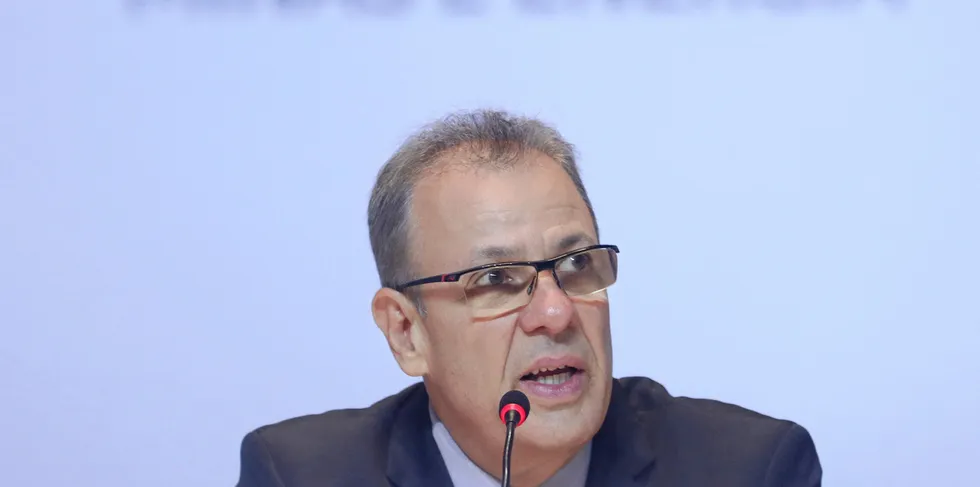Brazil won't heed IEA call to halt fossils – but will meet green goals, says energy minister
EXCLUSIVE | Bento Albuquerque insists renewable power growth leaves nation well-placed to meet net zero ambitions, but hydrocarbon exploration and production will go on
